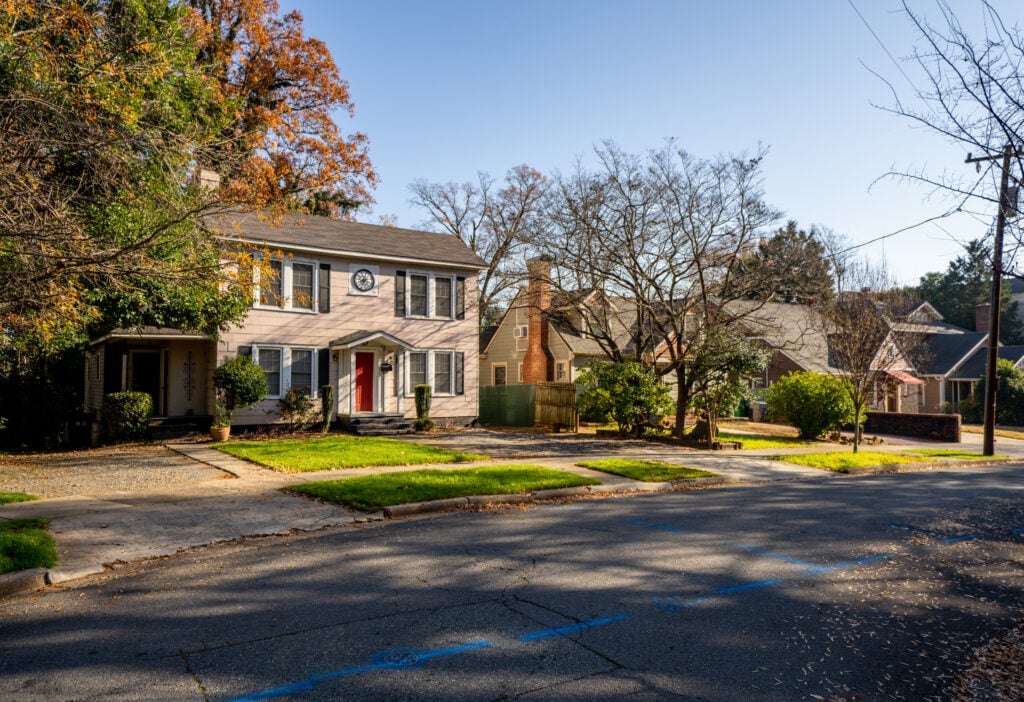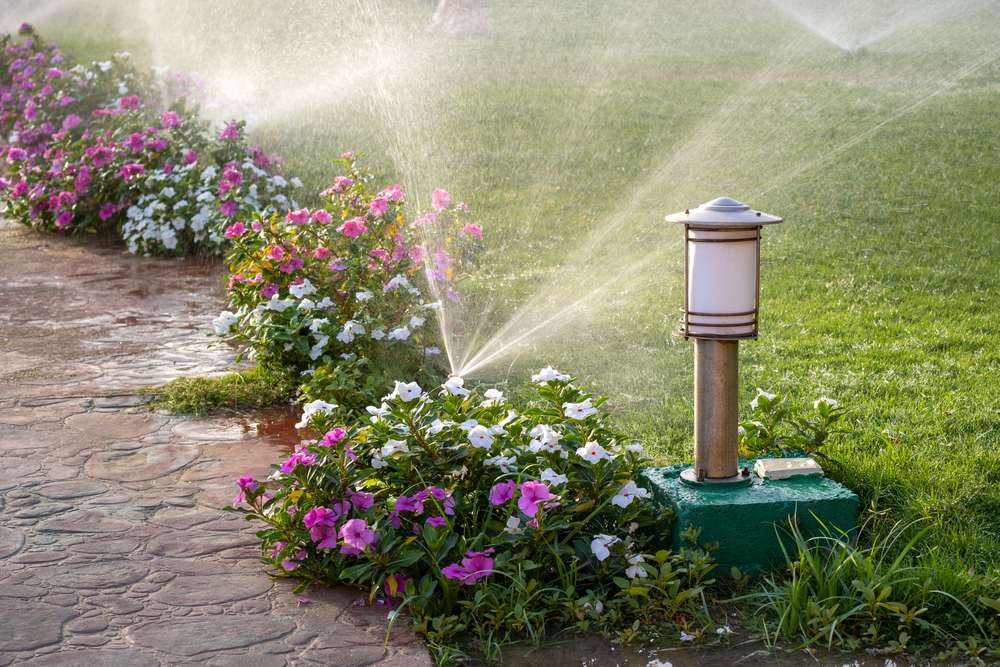Americans harbor a lot of conflicting feelings about the places they call home. At the same time, most people like where they live, but many of them are also embarrassed or frustrated by their home. What’s more, 61% of Americans dream of moving to a better place, according to a new survey from Clever Offers that asks respondents about the best and worst places to live in the U.S.
The survey found that Americans’ dreams of moving to a place where they’ll be happier are complicated by responsibilities and obligations. When they do pack up and move, it’s more likely to be motivated by housing affordability, rather than desirability.
What Americans Want
Surprisingly, there’s strong agreement among Americans on what makes a place a good place to live. The most essential quality, cited by 67% of respondents, was good weather. Low crime rates were a close second at 66%.
Although there’s wide public discourse about inflation plaguing Americans’ finances, a low cost of living was only the third most important quality of a good place to live, cited by 64% of respondents.
By far, the most undesirable quality was a high crime rate, cited by 75% of respondents. It was followed by a high cost of living at 67% and high taxes at 62%.
Bad weather was a distant fourth at 58%, suggesting that while nice weather can significantly elevate a place’s desirability, bad weather isn’t nearly as much of a drawback.
Rise and Fall
The most desirable U.S. city is a toss-up between Nashville, Tennessee, and Tampa, Florida. These metros may have been considered second-tier cities a decade ago. Still, they’re now a hotspot for Americans looking for warm, affordable places to live with lots of outdoor recreational opportunities.
In contrast, the least desirable cities are Washington, D.C., New York, and Chicago. Although these cities were iconic for much of the 20th century, they have fallen out of favor because of their high cost of living and skyrocketing home values.
The results were a little less clear for states, revealing a significant degree of polarization. Americans say Florida is the most desirable state, but also the fifth least desirable. California is the least desirable state, but also the second most desirable.
Hidden Gems
North Carolina is the epicenter of underrated places to live, with two of its cities taking the top spots on the underrated cities list.
The most underrated city is Charlotte, which was selected by 21% of respondents. Charlotte also tied with Nashville for the title of friendliest city.
“Charlotte blends big-city energy with the warmth and charm that North Carolina is known for,” said Scott Peacock, director of marketing and communications at Visit North Carolina. “From its thriving arts scene and diverse culinary offerings to abundant green spaces and easy access to the great outdoors, the Queen City surprises visitors and residents alike.”
Peacock also said the city’s vibrant culture and economy are big draws. Notably, Charlotte is the second biggest banking hub in the country, after New York, but offers a median home value that’s significantly lower than the national average.
Gina Sheridan, chief communications and advocacy officer at Charlotte Regional Visitors Authority, said many Charlotte residents first saw the city as tourists and later decided to pick up and relocate.
“Most people experience the Queen City first as a visitor, for a meeting, a game, or a weekend getaway,” she said. “That experience leaves a lasting impression. It’s the halo effect in action, when a single great visit can turn into the start of something bigger.”
Americans said the second most underrated city is Raleigh, another booming North Carolina city with a strong job market and a relatively affordable cost of living. In third is Tampa, a city that’s long been overlooked in favor of more glamorous Florida cities like Miami and Orlando. Seattle came in fourth, and Austin, Texas, came in fifth.
Interestingly, four of the five most underrated cities are located in the South.
Most Are Stuck in Place
Just under a third of Americans are not happy with where they live. Shame far outweighs pride, with 46% of respondents saying they were embarrassed by where they live and only 26% saying they were proud. But like the vast majority of people, unhappy Americans face significant obstacles to moving to a better place.
A staggering 93% of Americans say something prevents them from relocating to a more desirable place. Of those, 46% say they can’t afford to move. The upshot is that while millions of Americans consider their present home good enough for now, if the economy ramps up, many would pack their bags tomorrow.













